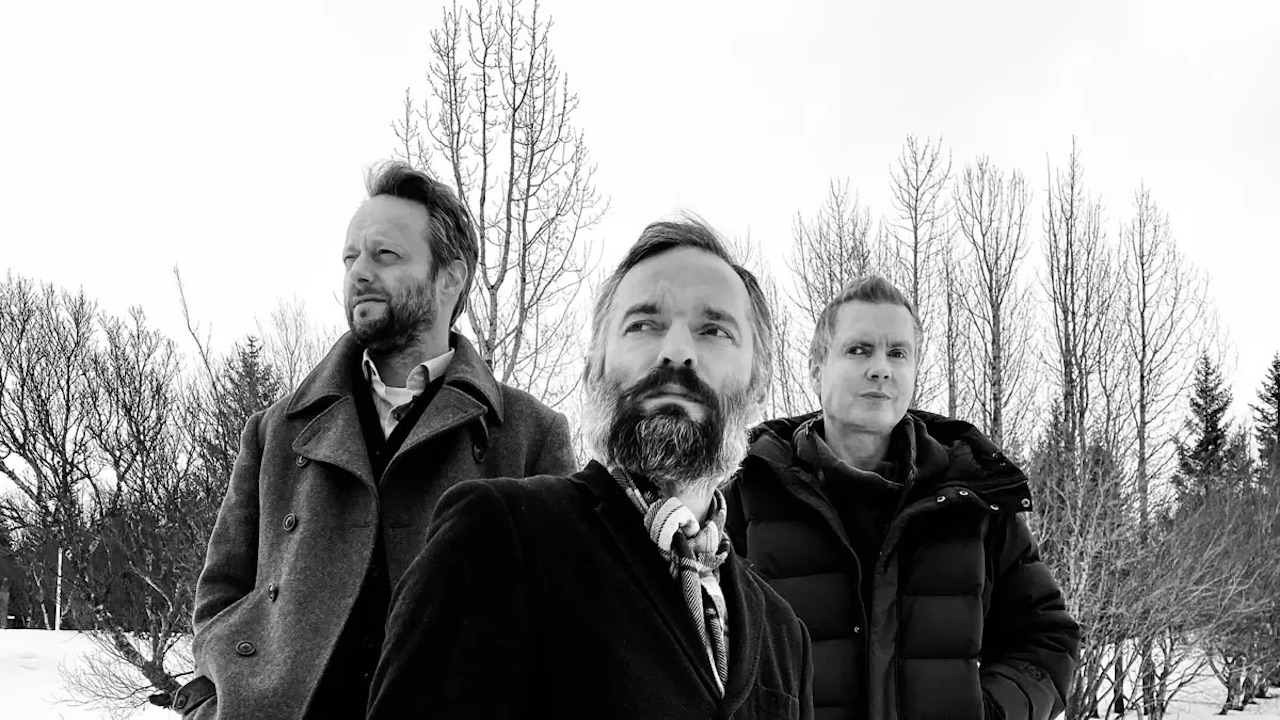At its best, post-rock stretches and warps traditional song structures to produce an effect that can stir powerful emotions. At its worst, the effect is akin to that of indistinct elevator muzak.
Those wild extremes are part of what makes Sigur Rós (a name that means ‘victory rose’ in their native Icelandic, with Sigurrós being the name of frontman and chief creative force Jónsi Birgisson's younger sister) such a compelling proposition. They’re predominantly in the business of creating beautiful, tranquil atmospheres, but do bombast when the mood takes hold too. And when the dynamics hit just right, there’s an undeniable transcendence that makes fools of appraisals quick to grasp at earnest overstatements, riddled with mawkish terms like ‘soundscape’.
For an obtuse post-rock band with ethereal falsetto vocals and lyrics mostly in their native tongue or the invented language of ‘Vonlenska’ (or ‘Hopelandic’), they’ve made more of a success of things than the on-paper facts might suggest possible. Then again, Jónsi Birgisson did once famously promise that, “We are simply gonna change music forever, and the way people think about music.”
Although that’s up for debate, they have packed out stadiums and influenced everyone from Radiohead to Coldplay. They’ve soundtracked a million nature shows and sports montages. Jónsi has scored Hollywood movies. They even made a cameo in The Simpsons. Yet the allure of their unique mystique has never wavered across a career just shy of three decades.
That means there’s a lot of music to wade through. Here to help ease your journey through it are their studio albums ranked, from worst to best.

8. Von (1997)

These kinds of lists often make disclaimers about how the artist in question doesn’t make bad records. Well, you can probably skip this one. The debut offering now stands out in the Sigur Rós catalogue as a 'for-completists-only' curio, starkly underlining the mighty stretch of road the band have since covered in their career.
Von (which translates as “hope”) is the embodiment of youthful ideas and ambition, let down by the lack of control and cohesion required to best represent them on record. In truth, it’s mostly uneven white noise ambience, with only a sprinkling of traditionally recognisable songs across the entirely unjustified 72-minute duration. Like the image of vocalist Jónsi’s sister Inga as a baby on the cover, this is the band in their infancy freshly emerged into the world and making sounds as an impulse, free of any comprehensible intention behind them.
7. Valtari (2012)
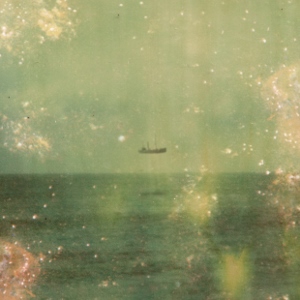
Eschewing the more pop-oriented fare of Með Suð Í Eyrum Við Spilum Endalaust, the Icelandic band once again retreat to more familiar fairy-tale score-like terrain, where gentle melodies and delicate compositions enthral and enchant. Outside of the powerful volatility of Varúð, much of what’s on offer on Valtari works its seductive magic subtly. The title even means “steamroller”, a self-aware acknowledgement that the music is anything of the sort. Instead, it’s an immersive yet subdued affair with much to recommend the experience. Within the scheme of the band’s catalogue, however, this isn’t as broad in scope or appeal as some of the more essential entries that came before and after.
6. Kveikur (2013)
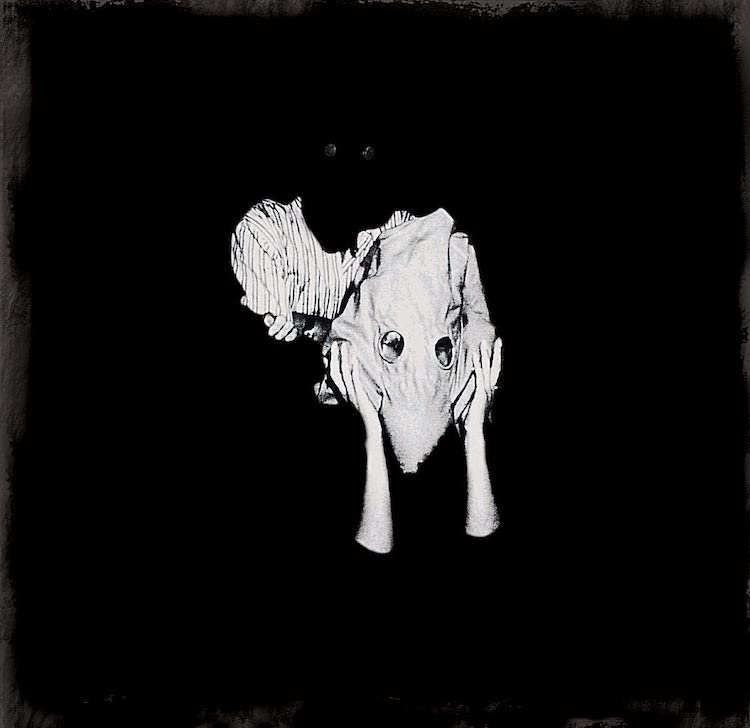
The band’s first release since the departure of multi-instrumentalist Kjartan Sveinsson and their first real foray into darker, harsher sounds; reflective of the tumult of the times and circumstances of its creation. As a result, what once glistened now scratches and scrapes, and although beauty hasn’t quite left the building, brooding has moved in and made a mess of things. Kveikur isn’t necessarily Sigur Rós in their finest form, but it is a pivotal work of catharsis central to their story. It’s quiet violence brimming to the surface and erupting in a way that deviates from the band’s well-established template, but not so much as to alienate.
5. Með Suð Í Eyrum Við Spilum Endalaust (2008)
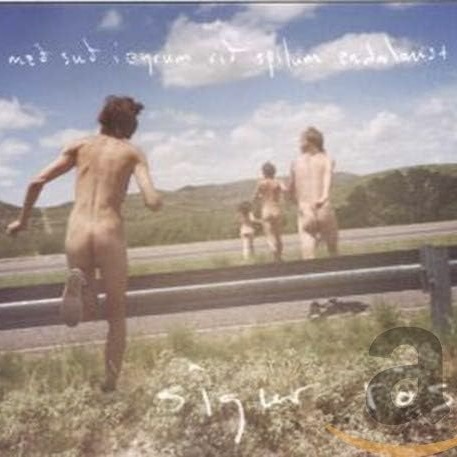
Venturing into more accessible, playful (see the cover art for proof) and vibrant pastures, the Flood-produced Með Suð… incorporates elements of pop and folk and helps mix a fresh dose of flavour into Sigur Rós’ distinctive sonic soup. It’s surprisingly effective, too.
Hearing the band in upbeat mood on the pulsing beat of opener Gobbledigook is at first jarring, but by the time the strings and horns of Inní Mér Syngur Vitleysingur come in the evolution feels both welcome and natural. The spatial grandeur of Ára Bátur makes clear that they can still strip it right back and tug on the heartstrings when they want. Even if most listeners can’t understand a word uttered (outside of album closer All Alright, the first Sigur Rós song sung entirely in English), the expression and feeling is entirely universal and resonant.
4. ÁTTA (2023)

Ten years after the release of Kveikur, ÁTTA (simply meaning ‘eight’) is a welcome return from Iceland’s most famous sons. Also returning this time, is keyboardist Kjartan Sveinsson and unlike the seething sounds last heard on record a decade prior, the band’s eighth studio album aims for the kind of celestial grace that they made their trademark. That means lots of orchestral strings, uplifting melodies that build to crescendo, minimal guitars or percussion (drummer Orri Páll Dýrason left the band amid allegations in 2018), and tracks rich in atmosphere and emotional heft.
Despite being separated by track names and spaces, this is an album intended to be listened to in one sitting; an almost amorphous whole that peaks, dips, shimmers, and swells in musical currents. ÁTTA was inspired by “climate change, doom-scrolling and going to hell” according to a pre-release press statement by Jónsi, but in true Sigur Rós style, despair never sounded so good.
3. Takk… (2005)
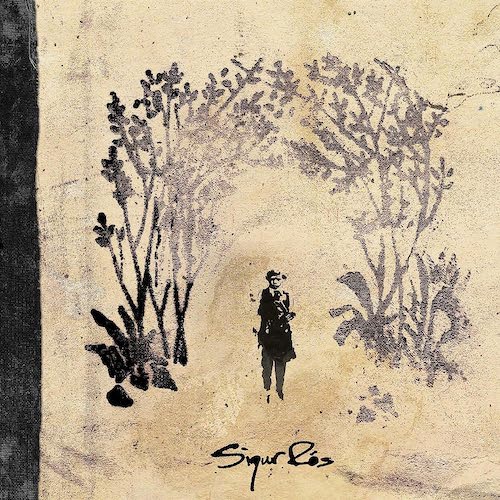
Takk... is the most diverse and accessible record in the Sigur Rós catalogue. Songs are shorter. Orchestration is lush. It often sounds like an actual band playing, with drums, bowed guitar, piano, and Jónsi’s skywards vocal all intertwining in ways traditional but uncommon for them. And yet, even when they play it straight (or at least their version of straight) they find gears to go through, making cinematics out of simple elements. The Hopelandic sprawl of Mílanó and some of the record’s sleepier second half does fall short of the radio-friendly fare found early on though. The record’s anthemic final single Hoppípolla soundtracked a million emotional television moments and the band picked up a clutch of awards for their efforts, cementing their reputation as something special, and entirely their own.
2. () (2002)
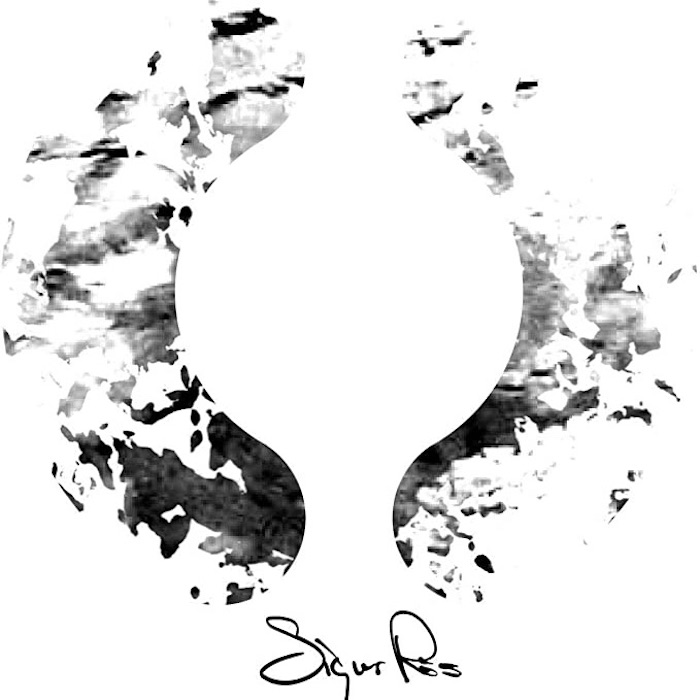
A perfect title that invites listeners to fill in the blank space between the brackets. It was recorded in an empty swimming pool. Even the album’s inlay contains blank pages. The lyrics on () are sung entirely in Hopelandic (essentially placeholding sounds… or gibberish if you’re being unkind) which means the universal language of music and the feelings provoked are all that matter here. It works because Sigur Rós deliver some of the most affecting and measured moments of their career. It’s also home to some of the most intense, bleak, and nihilistic.
A record of 8 untitled songs divided into two distinct halves separated by a 36-second silence, () is at first uplifting and hopeful, but ultimately gives way to desolation and melancholy. Closing track Untitled #8 is a top three Sigur Rós song, born out by wrapping up their live performances since. To the active listener, the blank spaces of () can become anything, making it one of the band’s most universal yet oddly personal records.
1. Ágætis Byrjun (1999)
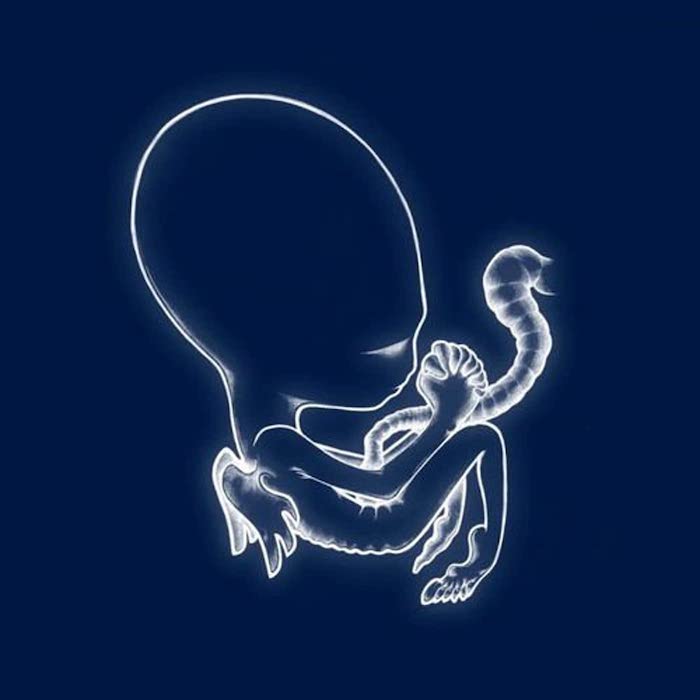
Like the band’s debut album Von, Ágætis Byrjun is 72 minutes long. Like that album, Ágætis Byrjun features a baby on the cover (albeit a strange, angel-winged, alien baby in utero this time). There the similarities end. Compared to their debut, the band’s breakthrough follow-up is a thing of night and day beauty, playing out like a dream in which you’re transported, floating through the deepest depths of the ocean, marvelling at all the colour and life on view. Its hypnotic quality lulls listeners in and despite the inherent extra-terrestrial otherness (it really did sound like nothing else in 1999) the music feels instinctively known, familiar, inviting, and warm.
By far the most welcoming entry point for the uninitiated or the curious, it contains some of Sigur Rós’ most iconic moments on record. Imagine classical music with the instant accessibility of pop forms and you’re halfway there. To go all the way, put on some good headphones, ensure you have zero distractions, and let it wash over you.
